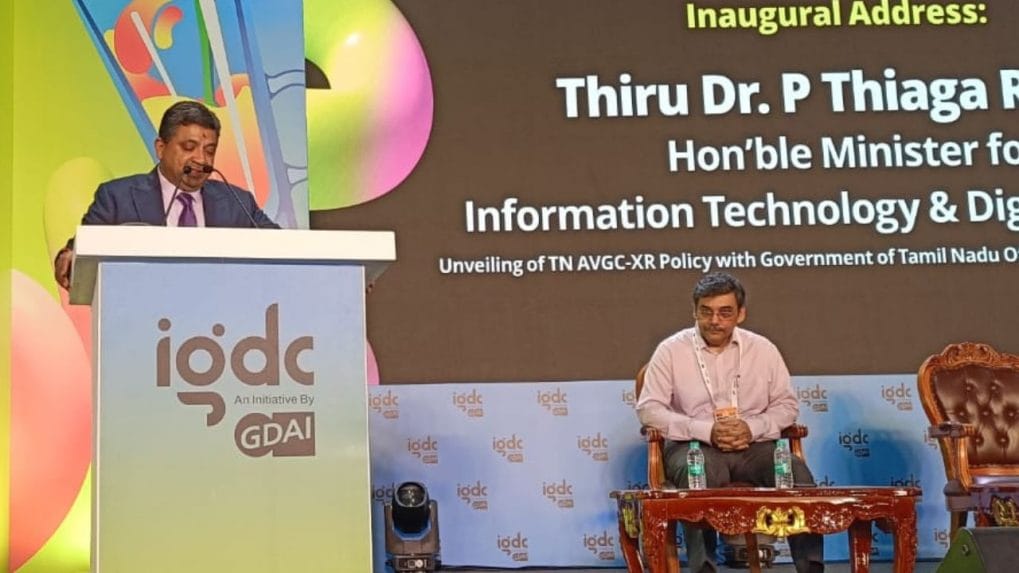Advertising
From Pink Slips to Silent Sidelining: Inside adland’s layoff and anxiety crisis

At the 17th edition of the India Game Developer Conference (IGDC) in Chennai, Dr P Thiaga Rajan, Minister for Information Technology and Digital Services, opened by acknowledging the trust placed in Tamil Nadu to host the first IGDC edition outside Hyderabad after 16 previous editions elsewhere. He recalled his first exposure to the gaming industry when he served on the GST Council and the GoM for taxation of online gaming, horse racing and casinos, and realised the traditional taxation approach did not suit online gaming. He had even proposed alternative tax structures accounting separately for platform fees and prize money, though those suggestions did not materialise at the time.
Rajan said his portfolio change from Finance to IT triggered deeper engagement with gaming companies. One of his early actions was convening a roundtable in Chennai with gaming companies who were not yet organised as a cluster. This led to an ongoing relationship and eventually an invitation to speak at the 16th edition of IGDC in Hyderabad, after which he had urged the organisers to consider Chennai next.
He described the effort of bringing IGDC to Chennai as a multi stakeholder push and credited his officers for enabling sponsorship and operational support to make this edition a reality.
Rajan then shifted to the context for the sector. He referenced his past as an investment banker to make a point about the importance of timing. He said the industry is at an inflection point for several reasons. On one side, routine jobs in IT services are reducing in the age of AI and large IT employers are not only slowing hiring but even laying off at scale. On the other side, innovation and start ups have grown sharply. In the four and a half years of the current state government, registered start ups in Tamil Nadu have risen from a little over 2000 to more than 11000.
He highlighted that Tamil Nadu’s long awaited AVGC XR policy, two years in the making, is now close to release. He outlined its four pillars. One is education and skilling, with curriculum planned in appropriate places. Two is infrastructure development. Three is ease of doing business for small companies in the sector which are usually creative companies and not large employers. Four is financial incentives ranging from subsidies and grants to access to investment pools. He noted that these align closely with GDAI’s own priority areas, especially inclusion of women and all marginalised groups.
Rajan also tied cultural and intellectual capital to this opportunity. Tamil Nadu has a deep creative lineage in literature, poetry, music and cinema, and a very high gross enrolment ratio in higher education at about 48 percent, compared to the national average near 25 percent. He suggested this gives Tamil Nadu a unique foundation to grow the creative technology industries.
He closed by emphasising the catalytic value of events like IGDC. Such events create spark, connect talent, and make emerging domains feel like viable futures for young people. According to him, this is how ecosystems are built and how long term outcomes are created. He hoped IGDC Chennai becomes annual and assured continued state support.
From purpose-driven work and narrative-rich brand films to AI-enabled ideas and creator-led collaborations, the awards reflect the full spectrum of modern creativity.
Read MoreLooking ahead to the close of 2025 and into 2026, Sorrell sees technology platforms as the clear winners. He described them as “nation states in their own right”, with market capitalisations that exceed the GDPs of many countries.